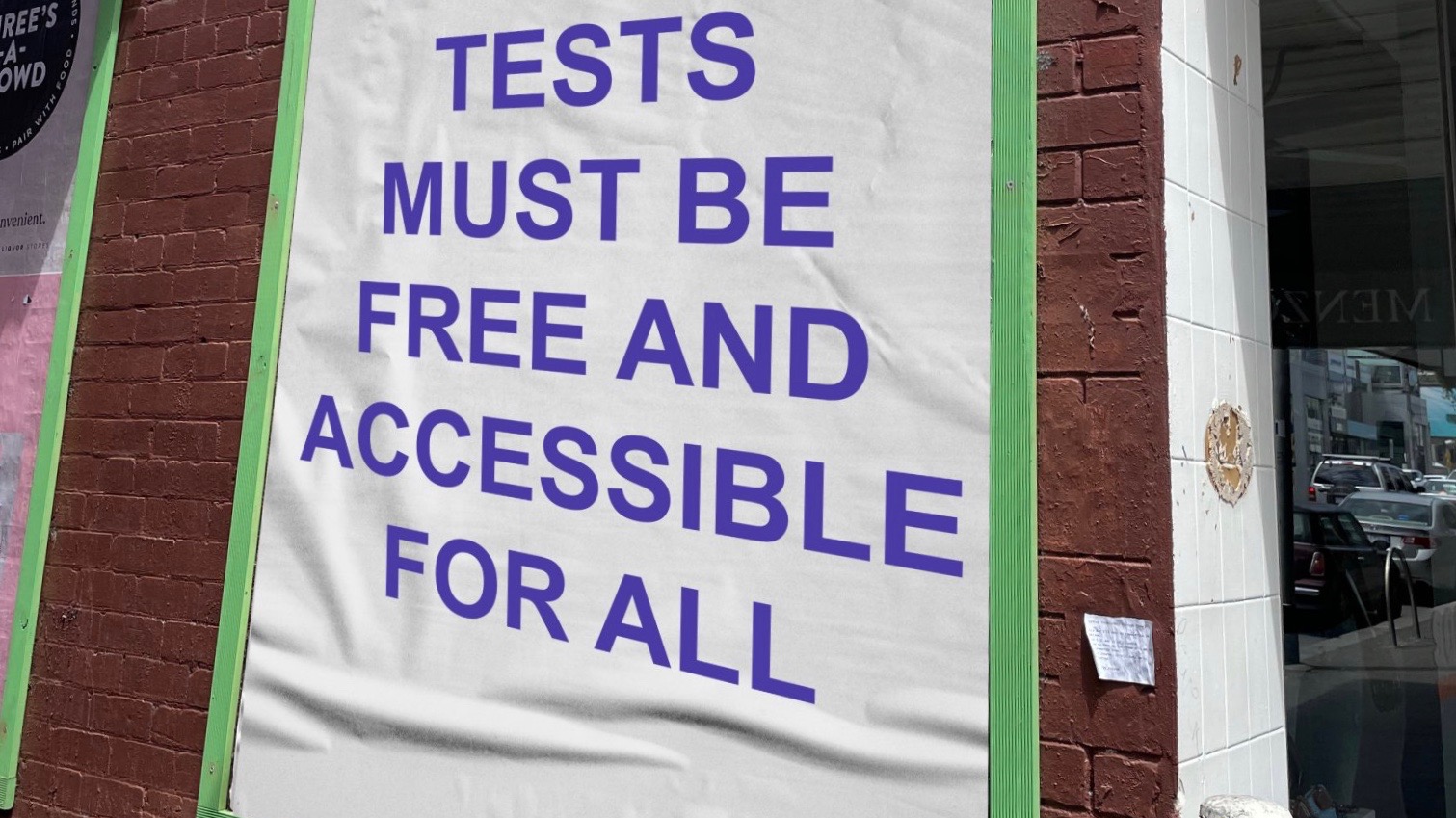In a scathing condemnation of the Scott Morrison government, Australian trade unions criticized its inability to make testing for COVID-19 freely available for all. The country’s largest apex trade union body, the Australian Council of Trade Unions (ACTU), released a statement on Thursday, January 13, criticizing the failure to make Rapid Antigen Tests (RATs) free and accessible for all.
“The ACTU condemns in the strongest possible terms the Prime Minister’s failure at National Cabinet to ensure Rapid Antigen Tests be made free and accessible for all to protect worker and community safety and get the economy moving again,” reads the ACTU statement.
The statement also criticized the announcement made on Thursday to relax quarantine rules for close contact workers in transport, education and emergency services. The announcement was made after the recent surge in cases led to major supply chain problems. The ACTU argues that such a decision further increases the risk to workers and “could increase sickness in workplaces and across the community at a time health workers and hospitals are already overwhelmed.”
The ACTU also expressed disappointment with the government’s complete lack of response on two offers made by the union earlier this week: to work closely with the government to contain the pandemic’s spread and four key changes suggested by it to make workplaces and working conditions safer.
“The Federal Government’s plan to open up, if there is one, has clearly failed our health systems, our economy and the essential national supply chains,” said ACTU secretary Sally McManus.
McManus criticized the government for not heeding calls by public health experts and trade unions to ensure sufficient supply of RATs and other measures to make workplaces safe. She noted that this was among the reasons for the current public health crisis.
“We are in this position because the Federal Government did not do their job and secure adequate supply of free Rapid Antigen Tests,” she said. “Forcing more workers who are close contacts to go to work increases risk and will not limit the spread that is putting health workers and our hospitals under intolerable pressure.”
“If the Prime Minister will not act, and if our national government will not provide national leadership during this time of national crisis, then workers and their unions will,” McManus said.
The ACTU’s statement comes at a time when Australia, like many other countries, is witnessing a massive surge in COVID-19 infections, driven by the Omicron variant. On Thursday alone, the country recorded its highest ever daily infections, adding close to 147,000 cases in a single day and ranking among the the countries with the fastest growing infection rates in the world. A large part of these high numbers are a result of a backlog of positive at-home test results dating back to the beginning of this month.
Australia has added around a million new cases in less than two weeks into the new year, with the Omicron-driven surge now accounting for more than two-thirds of the 1.4 million total infections reported since the beginning of the pandemic.
Even though the new surge is not accompanied by a massive surge in fatalities, hospitalization rates have increased to record highs in the past two weeks, putting significant pressure on hospitals around the country. On Wednesday, the seven-day average of hospitalization rose to the highest ever, with more than 3,500 hospitalizations and over 300 in intensive care.
The ACTU has called for an emergency meeting of trade union leaders across the country on January 17 to address the spiraling situation in Australia and also to consider a joint response to the government’s “failure … to address the urgent needs of workers at this time of crisis.”





